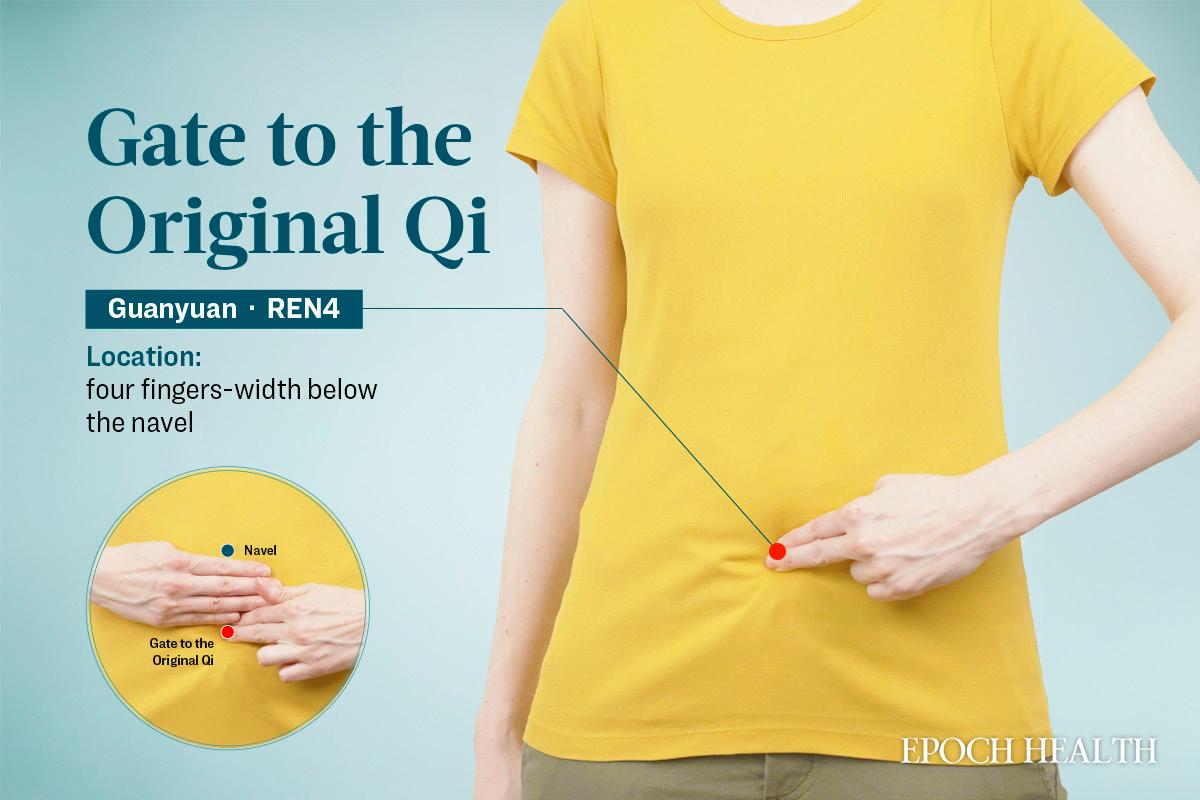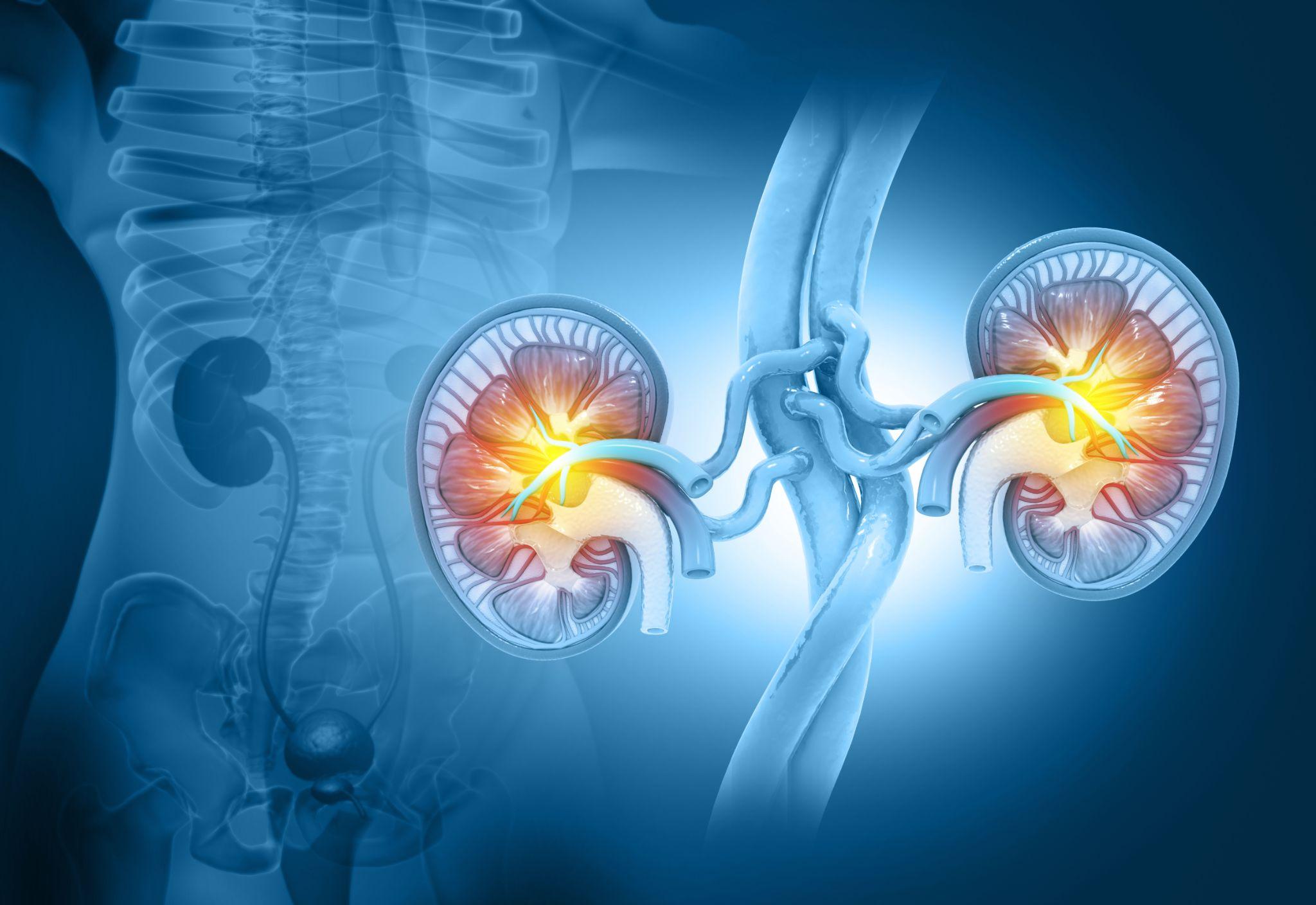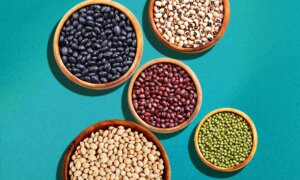Early Signs of Kidney Disease
On the “She Health” program, Lin Yuan-Chuan, director of the Lin Yuan-Chuan Chinese Medicine Clinic in Taiwan, shared key warning signs of kidney disease. These include the following:
- Foamy urine: Persistent or excessive foam in the urine may signal kidney problems.
- Edema (swelling): Generalized swelling, particularly around the eyelids, face, and limbs, can indicate kidney damage.
- High blood pressure: Studies show that most people with chronic kidney disease also have hypertension (high blood pressure). Hypertension can contribute to chronic kidney disease, and chronic kidney disease can worsen hypertension, creating a harmful cycle.
- Anemia: Research suggests that anemia becomes more common in advanced chronic kidney disease. A sudden onset of anemia in someone with no prior history may indicate declining kidney functions and reduced erythropoietin, the hormone responsible for stimulating red blood cell production.
- Fatigue: Frequent tiredness or exhaustion, even without significant physical exertion, may signal declining kidney function.
Lin recommends seeking prompt medical attention if any of these symptoms occur and undergoing diagnostic testing for an accurate evaluation.
Common Causes of Kidney Damage
Taiwan has the highest dialysis rate in the world, mainly due to dietary habits, Lin said. He highlighted several common factors that can harm kidney health.
Plasticizers
Plasticizers in food pose serious health risks. A cohort study found that exposure to plasticizers may increase the risk of kidney damage, malignant tumors, metabolic syndrome, and cardiovascular disease. A survey also linked the frequent use of plastic tableware or microwaving food covered in plastic wrap to higher levels of phthalate metabolites (plasticizer breakdown products) in urine.
Heavy Metals in Seafood
Studies have shown that heavy metals like arsenic, cadmium, lead, and mercury can damage the kidneys. Larger fish, such as tuna, accumulate higher levels of heavy metals, increasing the risk of kidney harm in those who eat them. Opting for smaller fish species can reduce exposure, as they generally contain lower heavy metal levels.
Improper Medication Use
Overuse of both Western and traditional Chinese medicine (TCM) can harm the kidneys. A review found that nonsteroidal anti-inflammatory drugs (NSAIDs), such as acetylsalicylic acid (aspirin), may increase the risk of acute kidney injury, particularly in older patients and those with chronic illnesses.
Diabetes and Hypertension
Chronic conditions like diabetes and hypertension can gradually lead to kidney failure. To reduce this risk, patients should closely monitor their blood sugar and blood pressure and undergo regular kidney function tests.
TCM Treatments to Improve Kidney Function
When kidney function declines to the point where the kidneys can no longer filter metabolic waste effectively, dialysis or a kidney transplant becomes necessary. “Whether it is early-stage or late-stage kidney disease, traditional Chinese medicine treatments can help improve kidney function and delay the need for dialysis,” Lin said.
Herbal Teas for Kidney Care
Astragalus is commonly used in TCM to boost qi, the body’s vital energy. A systematic review suggests astragalus may reduce proteinuria (elevated protein levels in urine) in patients with diabetic kidney disease. However, further trials are needed to confirm its benefits.
Astragalus and Goji Berry Tea: Recipe
Ingredients:
- 34 fluid ounces (1,000 milliliters) water
- 0.5 ounce (15 grams) astragalus root
- 0.5 ounce (15 grams) goji berries
Instructions:
- Wash the berries and astragalus root.
- Place the ingredients in a pot.
- Simmer over medium heat for 15 minutes.
- Strain the herbs. The tea is ready to serve. Cooked goji berries may be eaten if desired.
Plantain and Corn Silk Tea: Recipe
Research in mice shows that Plantago asiatica L. (plantain herb) extracts may help lower blood sugar and cholesterol levels.
- 51 fluid ounces (1,500 milliliters) water
- 5.3 ounces (150 grams) fresh plantain (use half the amount if dried)
- 1.2 ounces (35 grams) fresh corn silk (use half the amount if dried)
Instructions:
- Rinse the ingredients thoroughly and cut the plantain into sections.
- Place all ingredients in a pot.
- Bring to a boil, then reduce to low heat and simmer for 45 minutes.
- Strain the herbs. The tea is now ready to drink.
Acupoints That Support Kidney Health
TCM teaches that qi (energy) flows through the body along meridians. Stimulating specific acupoints that lie upon these meridians can enhance kidney function.
- Improved kidney function
- Reduced proteinuria
- Better management of hypertension and anemia
- Relief from common symptoms like pain, uremic pruritus (persistent itching), insomnia, and fatigue
While acupuncture can be highly effective for improving kidney health, it requires proper technique and should always be performed by a qualified TCM practitioner or licensed acupuncturist.
Guanyuan Acupoint
Stimulating this acupoint replenishes kidney qi and strengthens bladder function.

Shenshu Acupoint
Tapping this acupoint in the morning enhances kidney function and alleviates lower back pain.

Tapping Technique
Stand upright with your knees slightly bent and hands loosely clenched. Using both hands, alternate tapping the guanyuan acupoint, ensuring each tap produces a clear sound. Perform 36 taps daily.
















